Opposition MP Dr. Harsha de Silva has called for the immediate cancellation of the government’s tender to procure 1,775 double cabs, alleging that the process was manipulated to favour select bidders and violated national procurement guidelines.
Speaking during the budget debate in Parliament, the Samagi Jana Balawegaya (SJB) lawmaker said that bidders were given only 12 days to submit proposals, instead of the mandatory 42-day period required under the National Competitive Bidding (NCB) procedure.
De Silva described the deal as a “double-cab scam,” claiming it was designed to benefit a few companies while dragging both government and opposition MPs into controversy.
The procurement, valued at over Rs. 12,500 million, falls under President Anura Kumara Dissanayake’s Budget proposal to purchase vehicles and machinery for government institutions.
According to the Finance Ministry’s bid document (MOF/NCB/23/76/2025), the tender sought brand-new four-wheel-drive, automatic diesel double cabs, in what would be one of the largest vehicle purchases by a government ministry in recent years.
However, concerns have mounted over restrictive eligibility criteria, including requirements for bidders to have supplied at least 1,000 similar vehicles in the past decade, operate 10 service centres nationwide, and maintain an annual turnover exceeding Rs. 10 billion.
Industry observers argue that such conditions limit competition and raise transparency concerns.
De Silva said the Finance Ministry had compressed the tender timeline and ignored calls for procedural fairness.
“This rushed tender process circumvents procurement norms and burdens taxpayers,” he told Parliament.
President Dissanayake, however, defended the move, stating that the current government vehicle fleet is outdated and costly to maintain, and that the new vehicles are essential for state institutions.
He assured that vehicles provided to MPs would be returned at the end of their parliamentary terms.
Meanwhile, Opposition MP Ravi Karunanayake alleged that the deal was a rebranded version of a previously shelved plan to import 2,000 double cabs for MPs.
He questioned why the government ignored electric vehicle options, saying the tender’s engine capacity requirement of 2,500 cc and nationwide service demands effectively ensured that only one company could qualify.
With the procurement valued at nearly Rs. 50 billion, the controversy has ignited debate over transparency, accountability, and good governance in Sri Lanka’s public procurement system — a test case for the government’s pledge to ensure clean, competitive, and efficient spending.
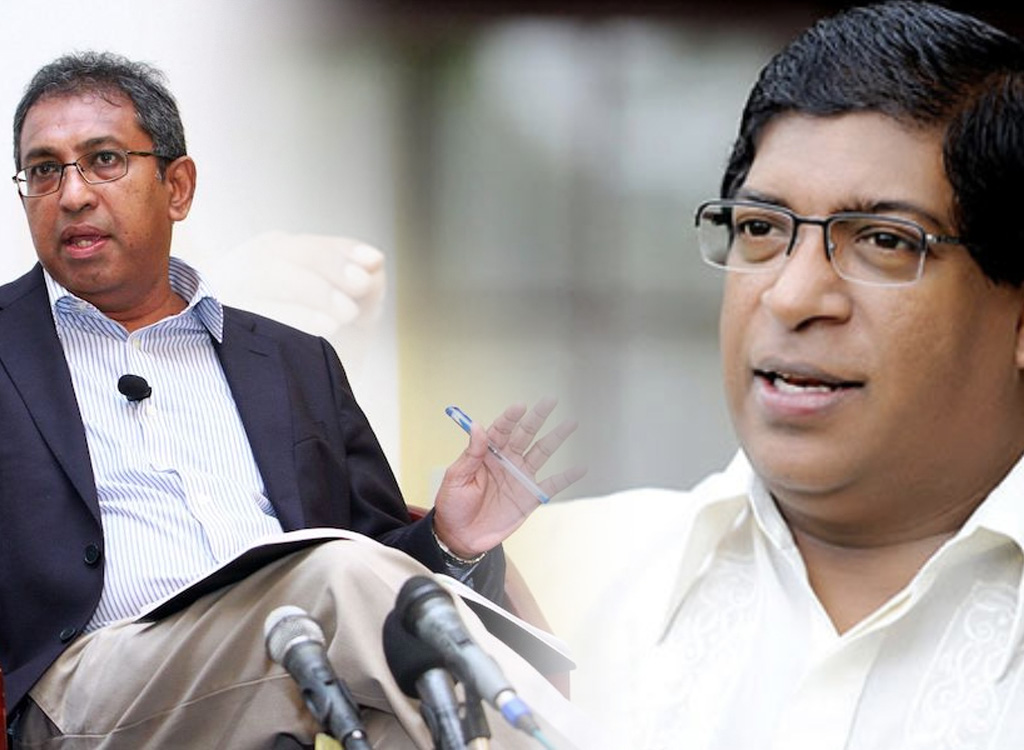
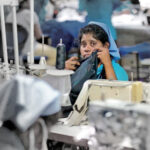

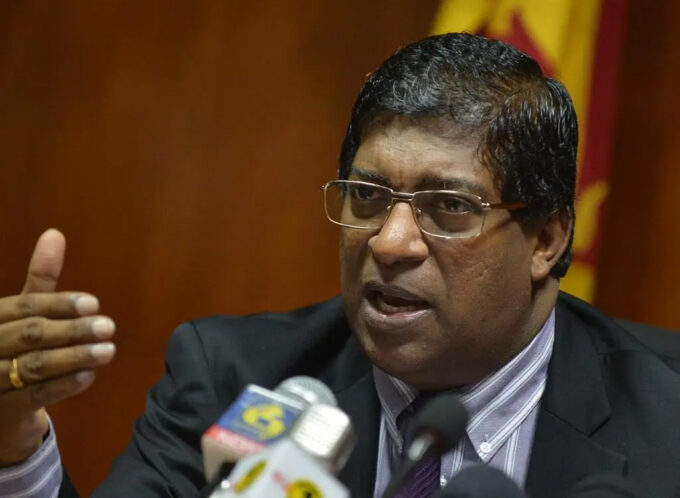


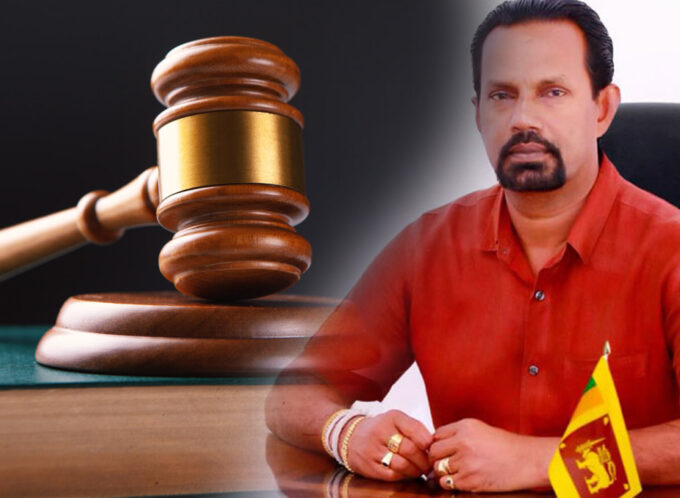

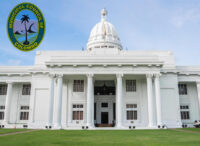


Leave a comment